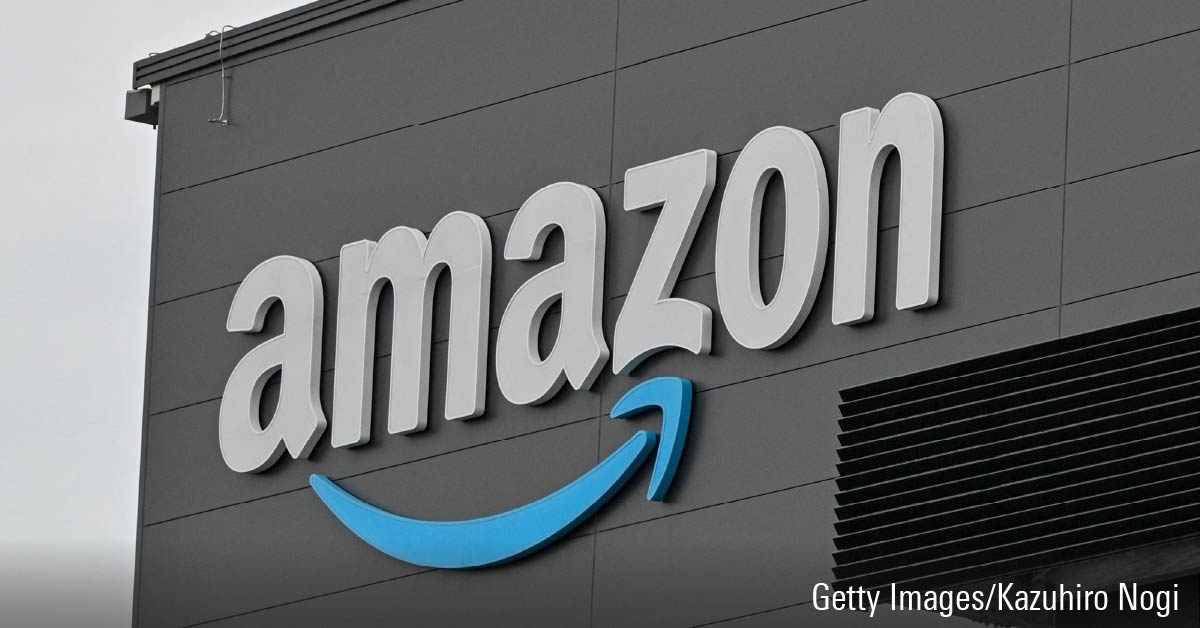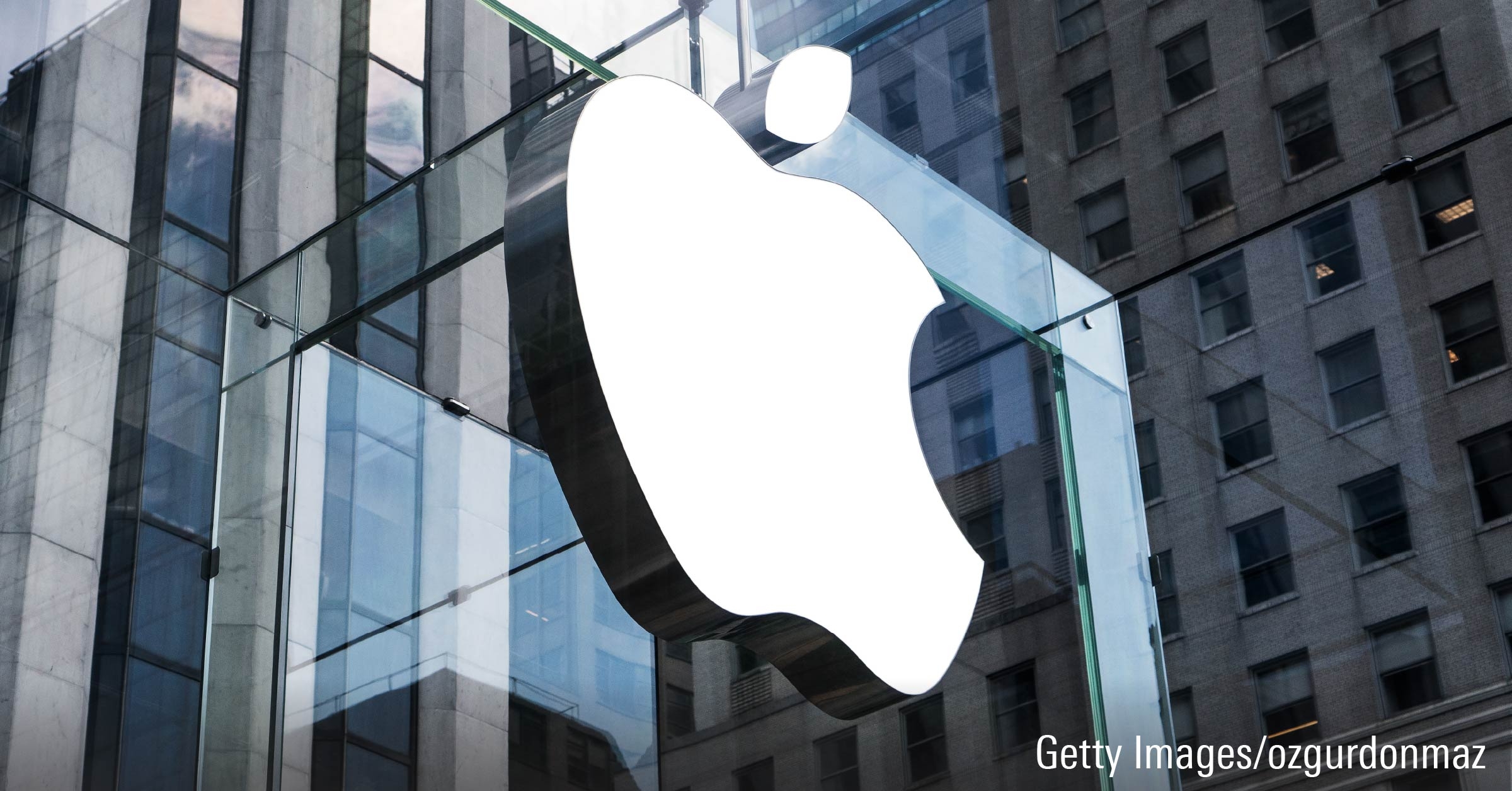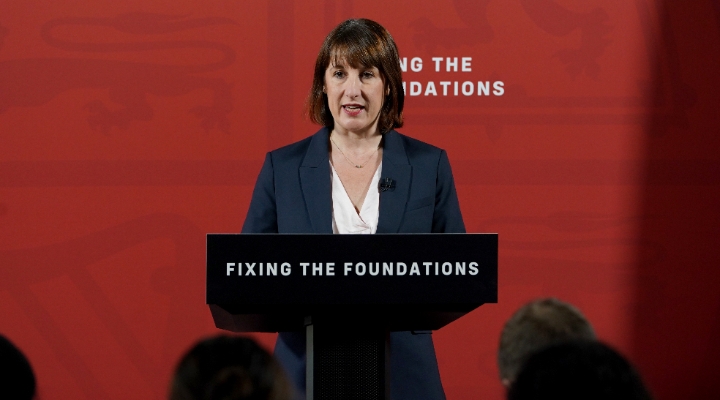This week Morningstar.co.uk is bringing you simple solutions from the experts about where you should put your money and why.
Emma Wall: Hello and welcome to the Morningstar Investment Conference. I'm Emma Wall and I'm joined today by Dr. Mark Mobius of Franklin Templeton to talk about the opportunities in emerging markets.
Hello Mark.
Mark Mobius: Hi how are you.
Wall: So you just gave a really interesting presentation at the Morningstar Investment Conference and you showed that since you've been investing since 1988, there have been three bear markets. Looking at those and where we are now, would you say we're in bull or bear?
Mobius: We're definitely in a bull market now, and you can see what's happening in China is one example. It's really going up a lot. India has been doing very well. Of course you must remember that in every bull market there will be periods of decline, there will be corrections and these corrections can be as much as 20%. But you could still be in a bull market over the longer-term.
Wall: And has the volatility index increased over time or is there something that people who invested in emerging markets have always had to stomach?
Mobius: Volatility has actually increased not only in emerging markets but in developed markets. In all markets now you are seeing much more volatility. Look at the price of oil, the way it's been jumping up and down. It doesn't mean that the demand for oil has changed that much, but the price has been very volatile.
Wall: You said some interesting things about the number of IPOs in emerging markets, they make up 33% of new companies worldwide. How many of these IPOs can we expect to be investable companies, because in the developed world, I think we have gotten used to a level of corporate governance which means almost all new companies have potential, is that the case in emerging market?
Mobius: In emerging markets, the problem is not so much corporate governance, but liquidity, because many of the new issues are small, so that if they are running at maybe 0.5 million a day in turnover, very difficult for big funds to buy. So, I would say of all the IPOs maybe, 20%, 30% could be purchased by normal large emerging market funds.
Wall: And you said that the number of IPOs could be an indicator of how much of someone's portfolio they should allocate to emerging markets? You suggested around 30%. Has this been a constant or do you think that people should now be looking to allocate more to emerging markets as the fundamentals change?
Mobius: Well you know the interesting thing about those statistics is the IPOs and new issues was about 33%, and it turns out that of the total global market capitalization, 30% is emerging markets. So if people are looking at investing globally, they should put at least 30% in emerging markets, and of course then you have frontier, which represents maybe 3% to 4% of the emerging market's 13%.
Wall: Just finally, you mentioned that Africa was the region that you were most excited about. I think for a lot of people who maybe just read the front part of the newspaper, Africa has so many risks and negative headlines associated with it, they may not be willing to make that leap to invest. What would you say to those people who were scared by those risks?
Mobius: That's true. The headlines are usually very bad about Africa. But if you go on the ground, if you look carefully at what is happening, you will find out in fact there is a lot of opportunity, tremendous opportunity.
Wall: So political risk doesn't necessarily negate the reason to invest?
Mobius: That's right. You take Nigeria for example, you read about Boko Haram and all these problems, but they are viable, great companies in Nigeria in which we've invested and they make money and they are doing very well.
Wall: As part of that well diversified portfolio?
Mobius: Exactly.
Wall: Mark, thank you very much.
Mobius: Thank you.
Wall: This is Emma Wall for Morningstar, thank you for watching.





























